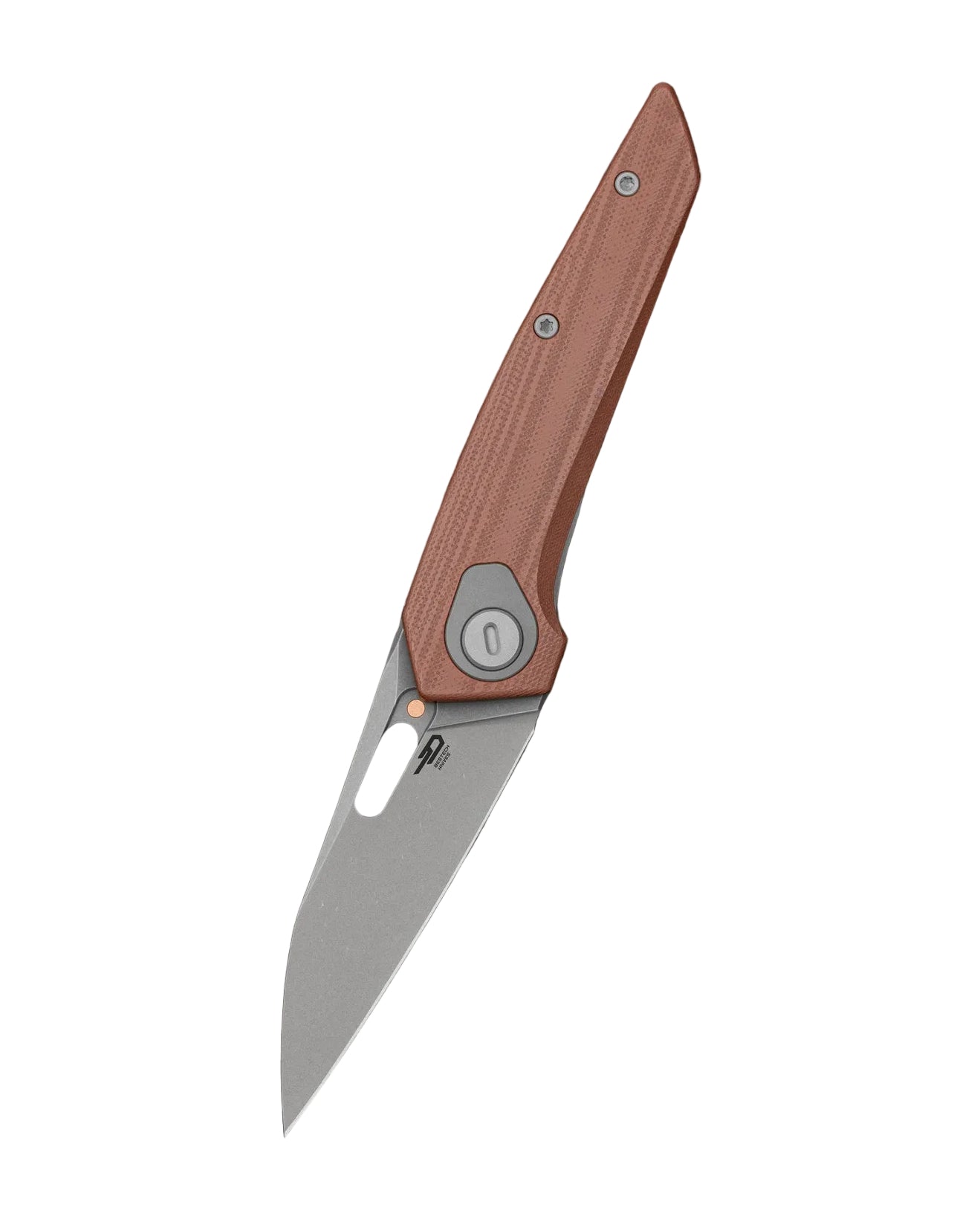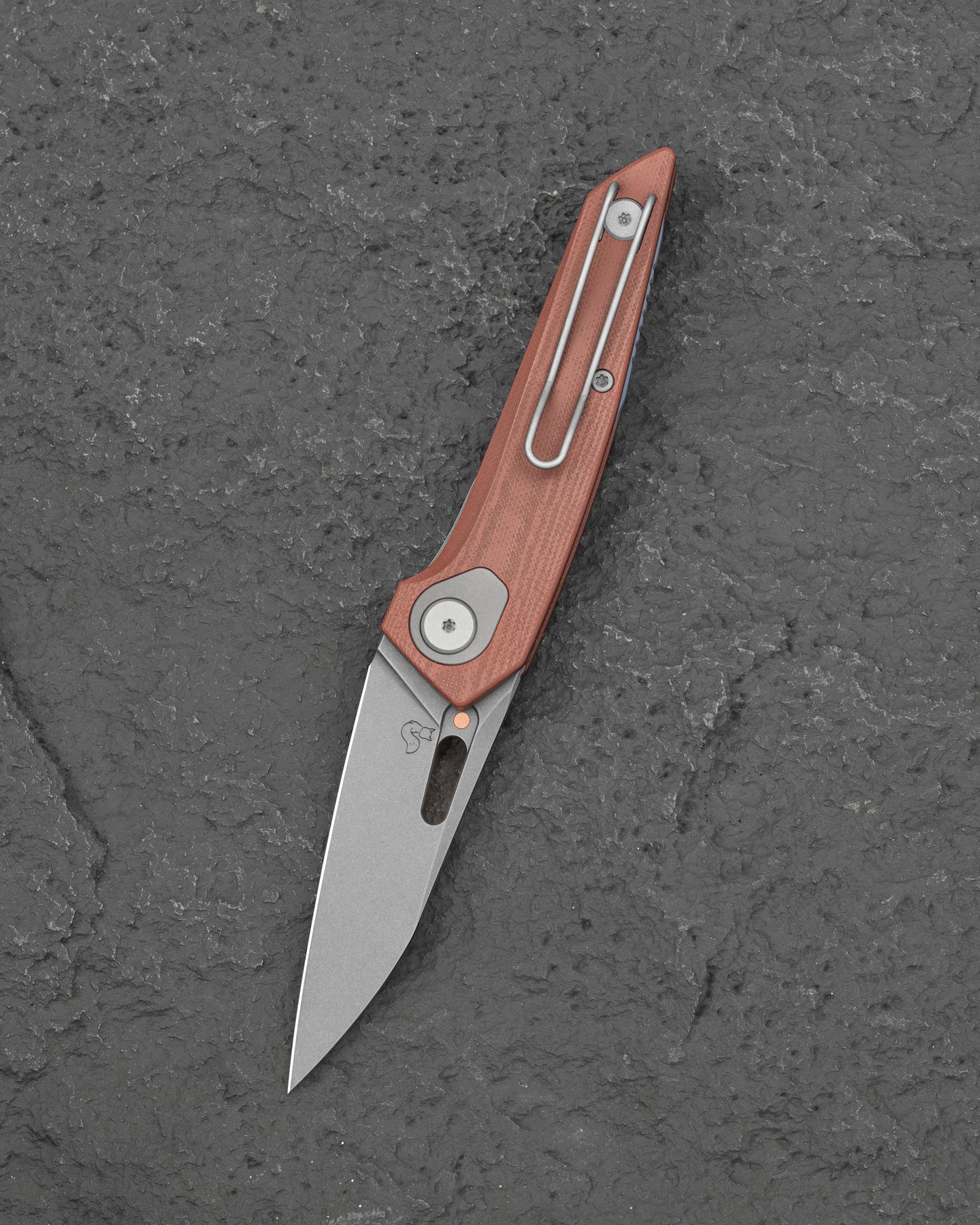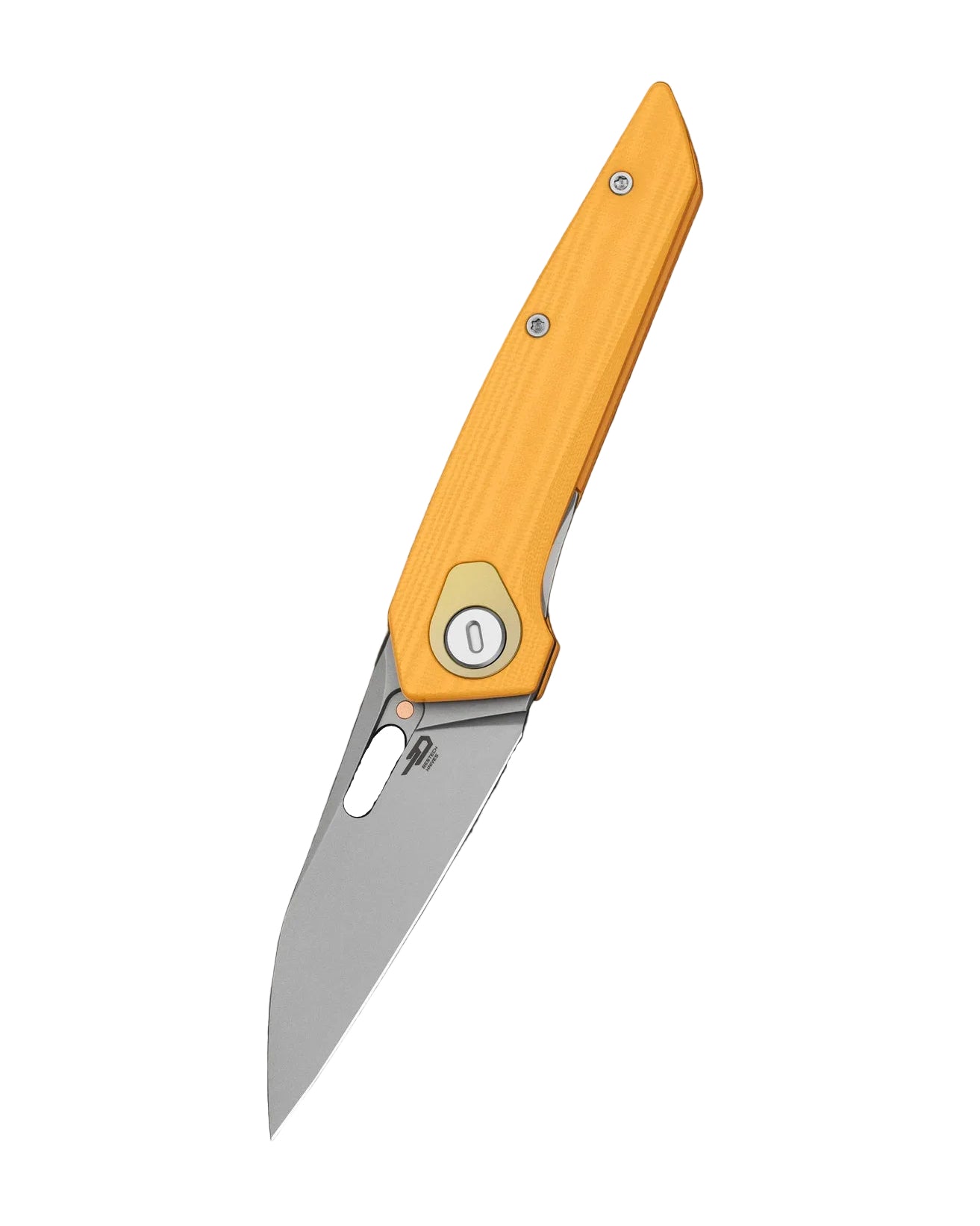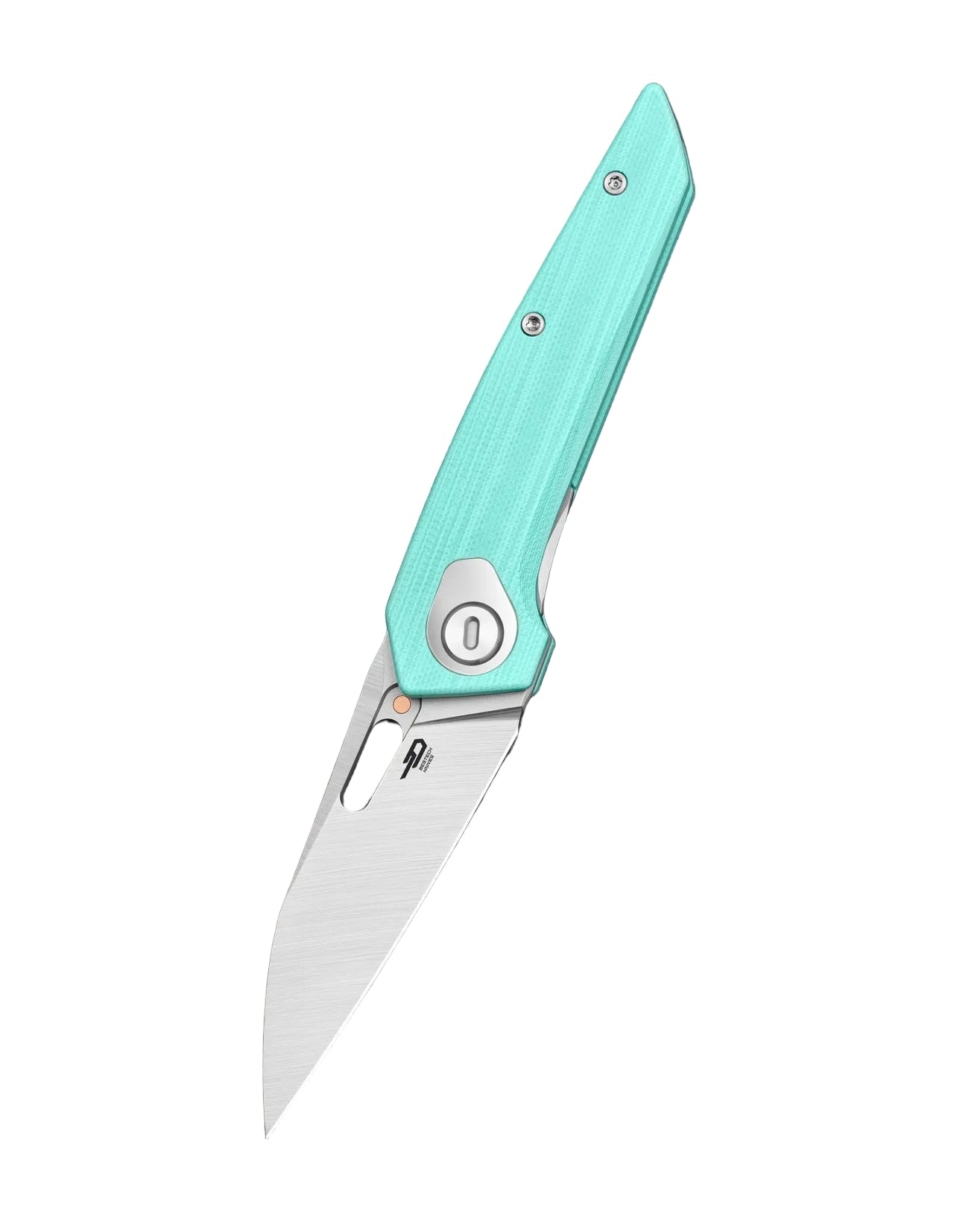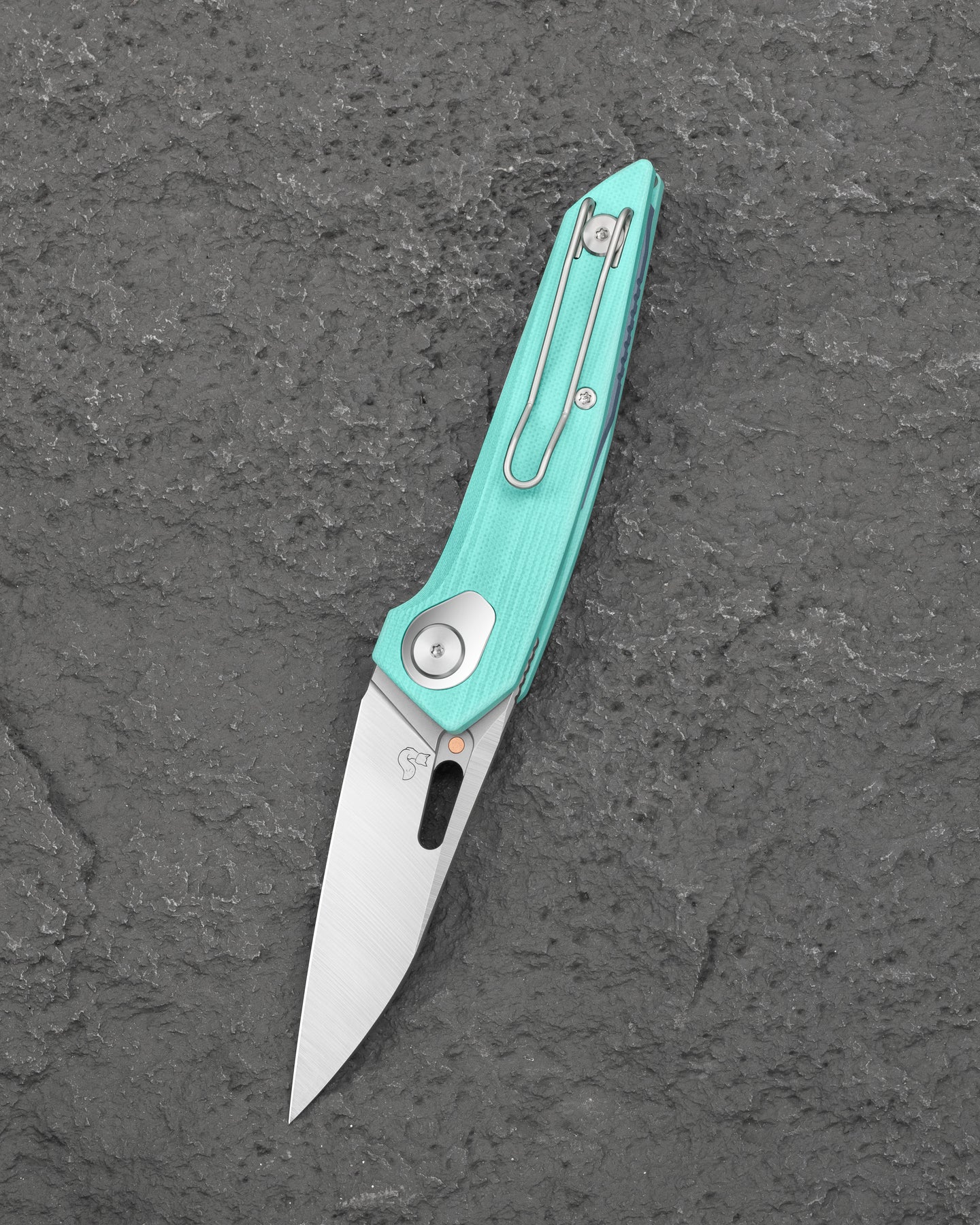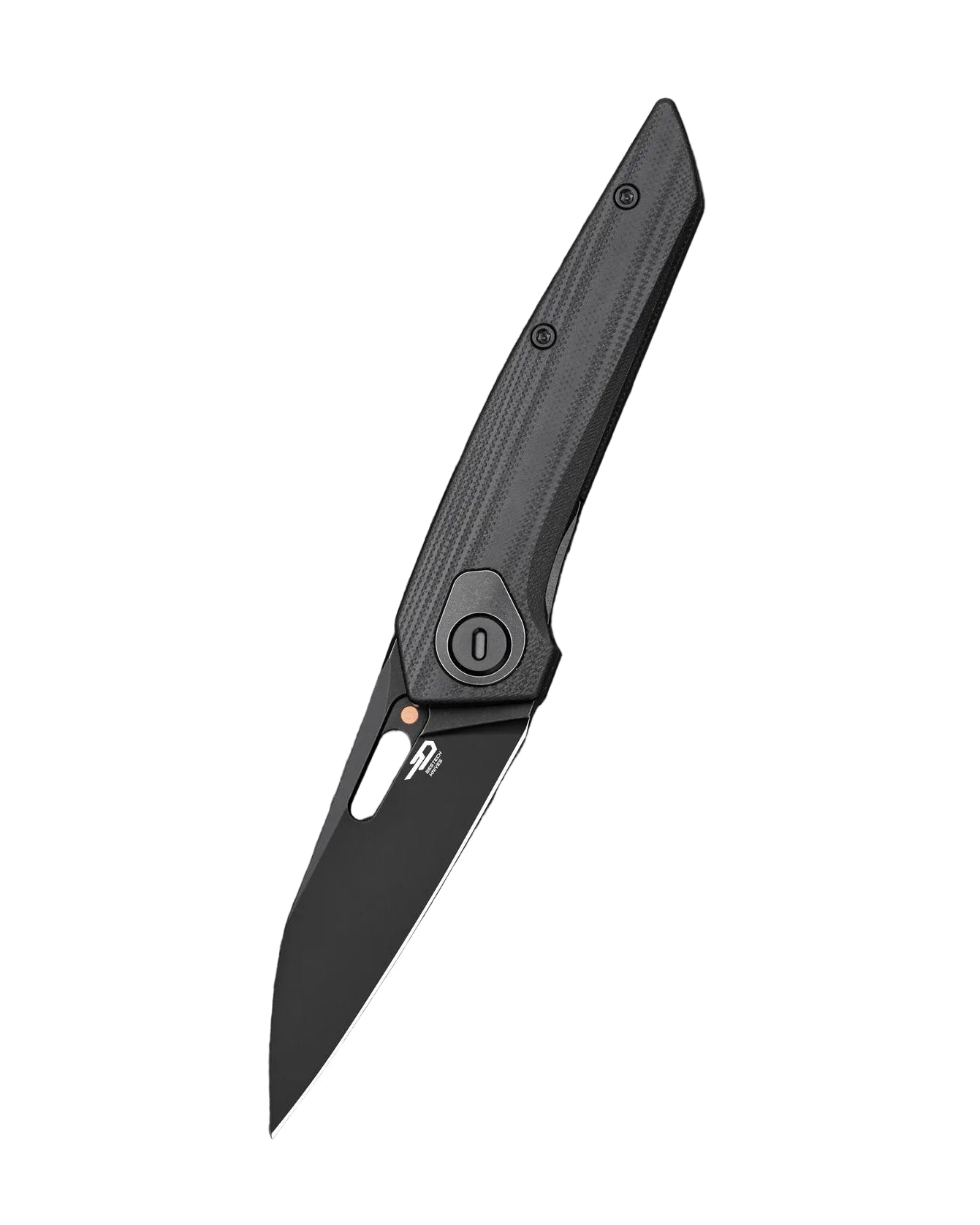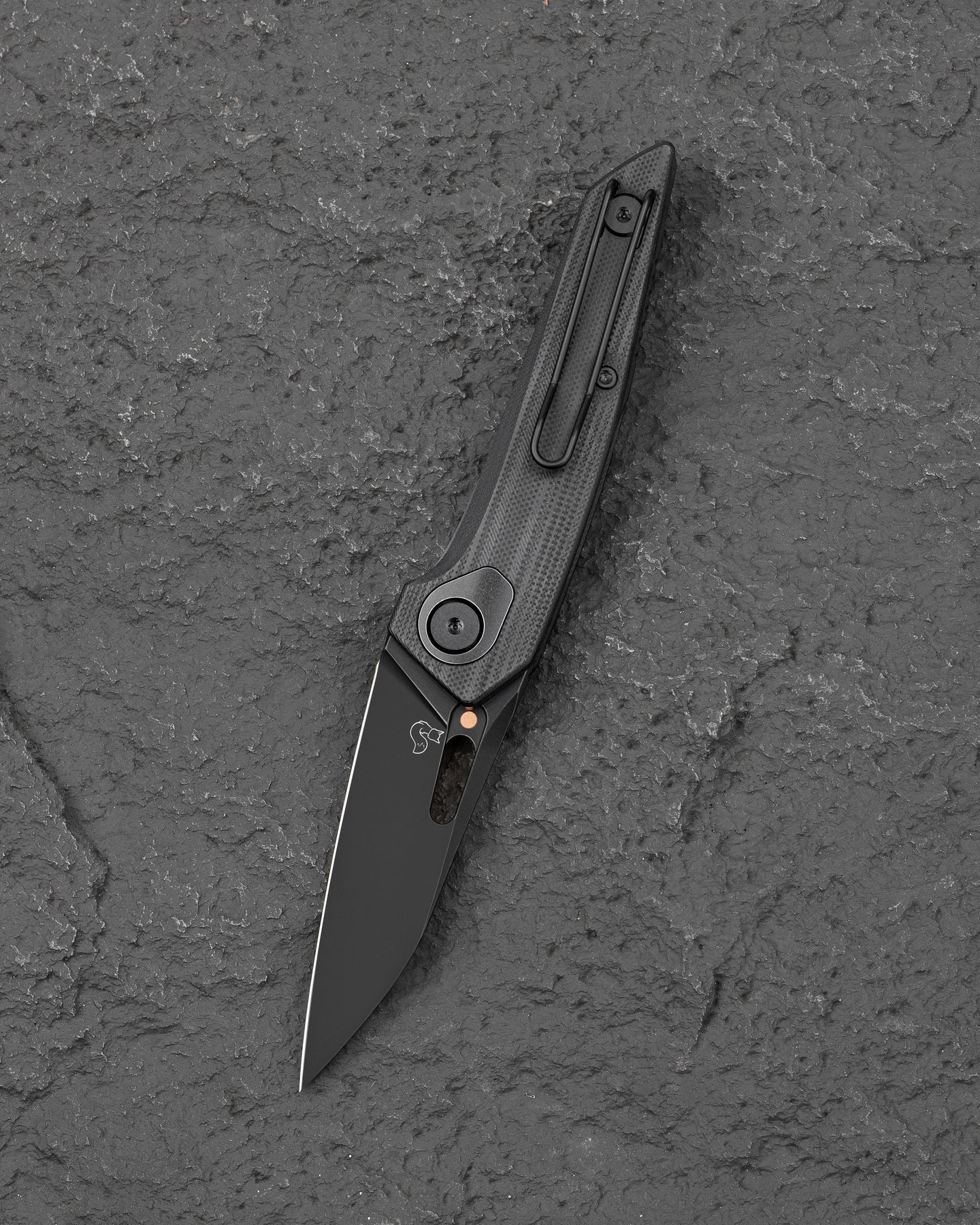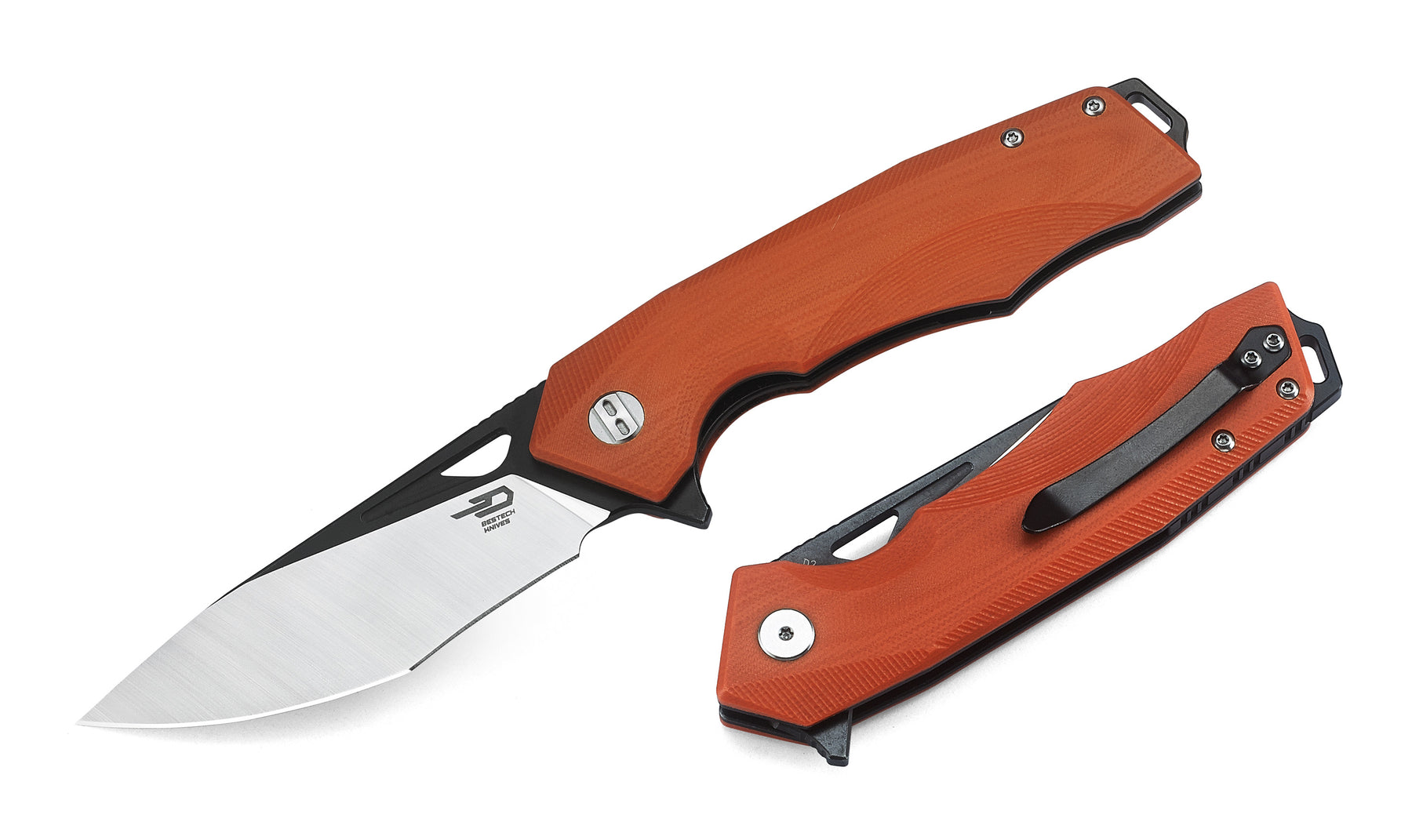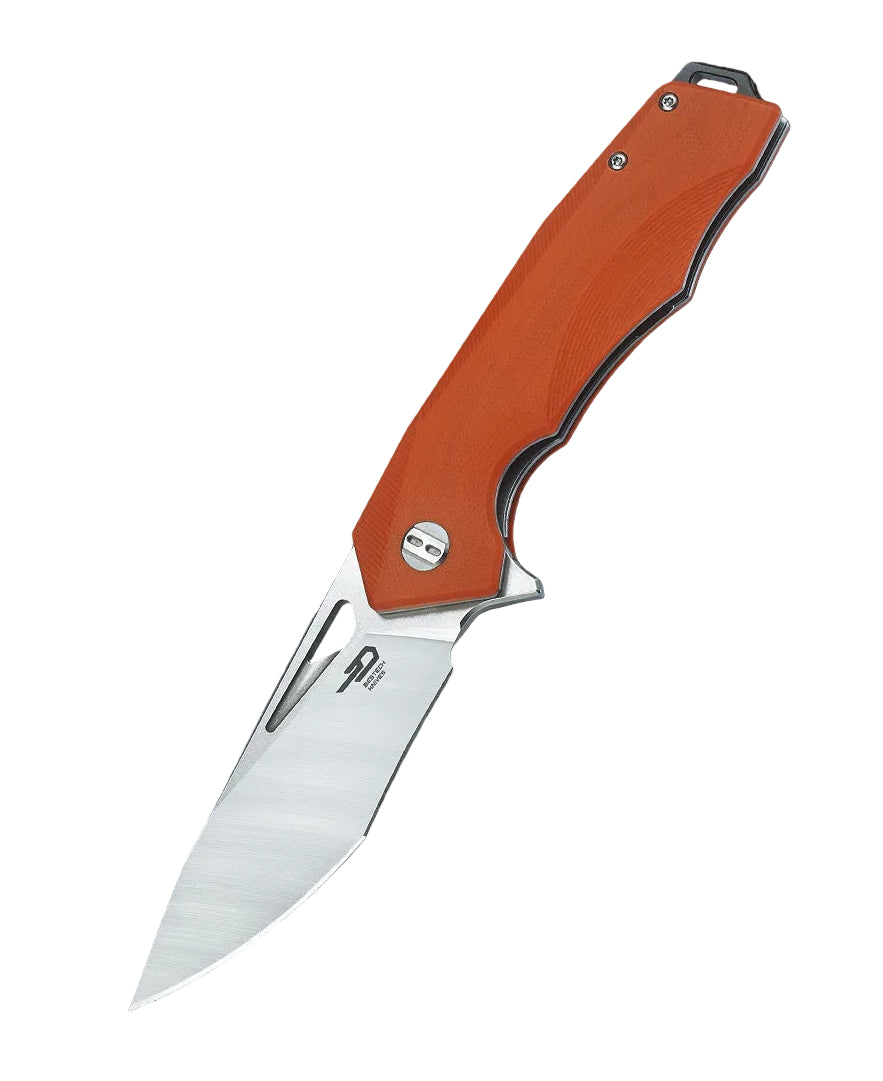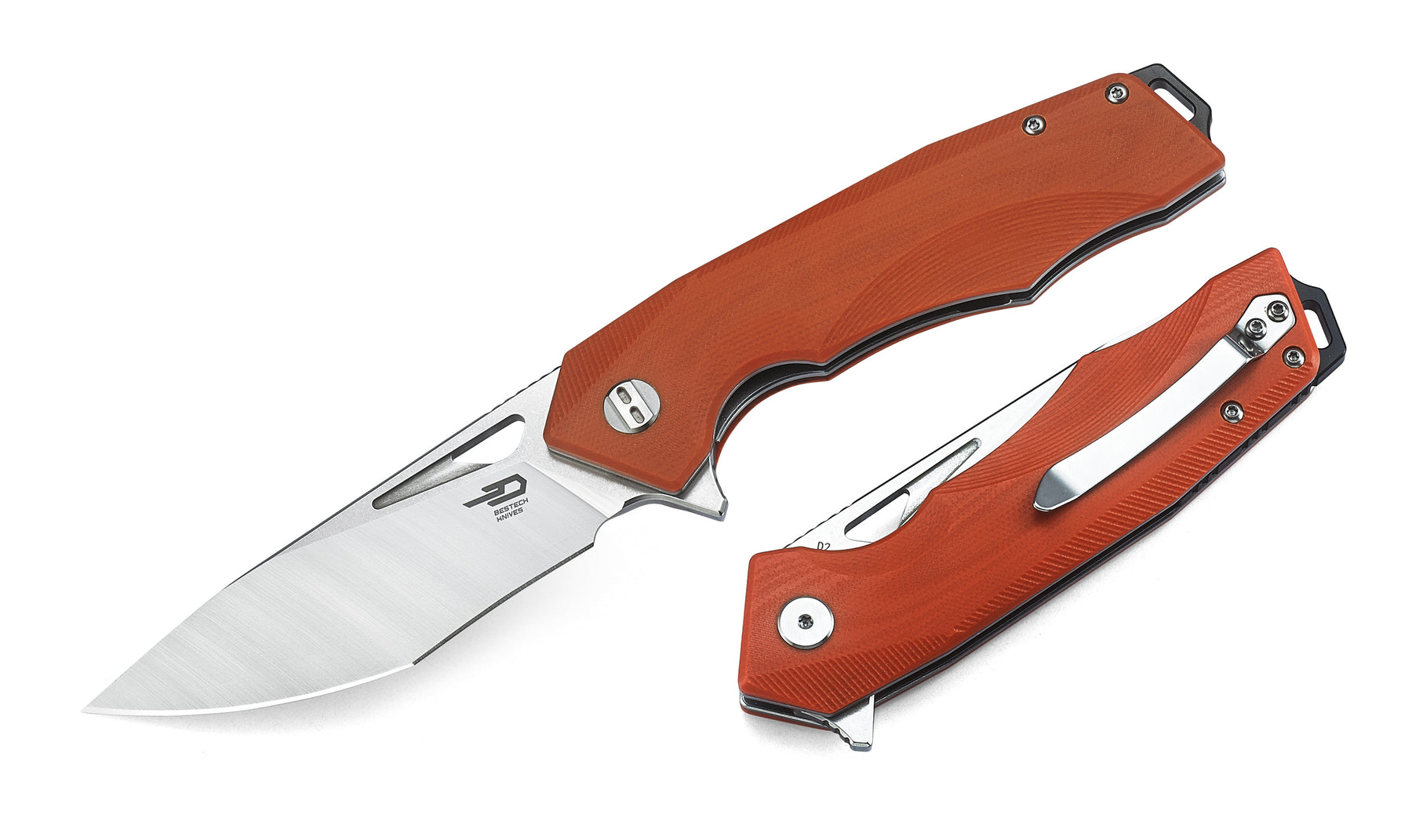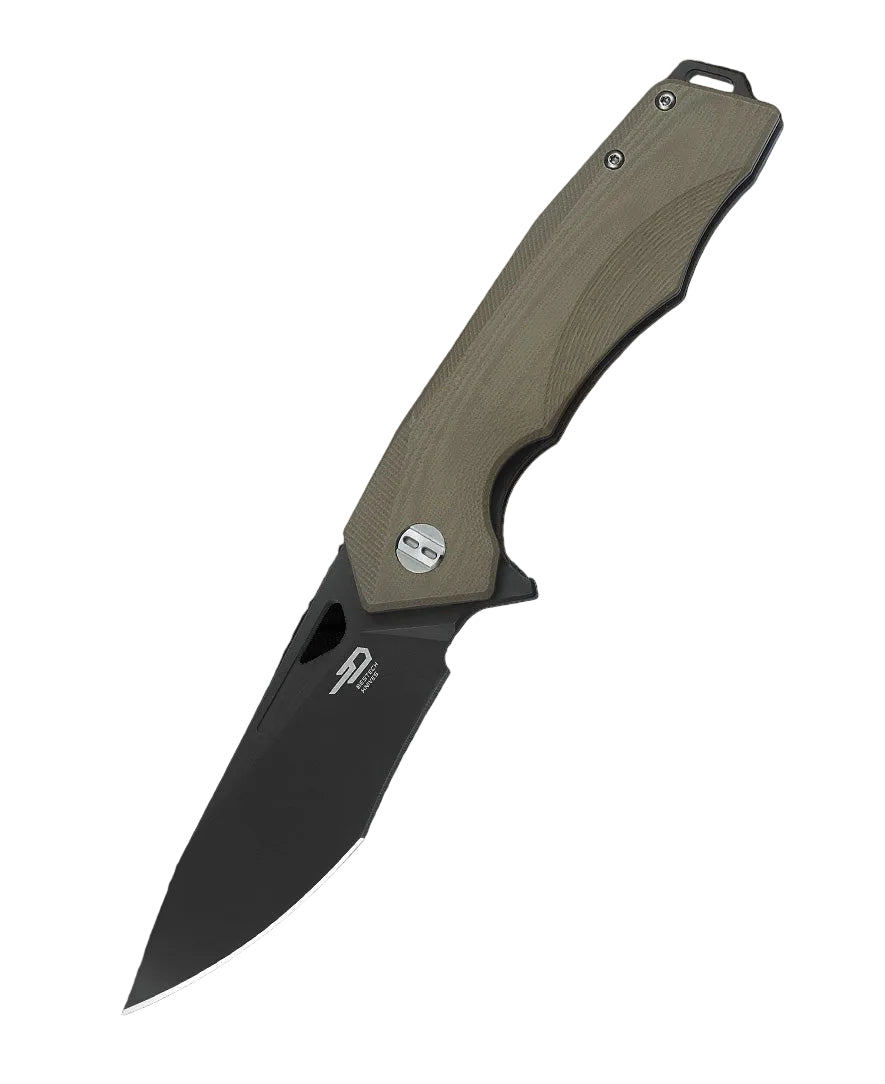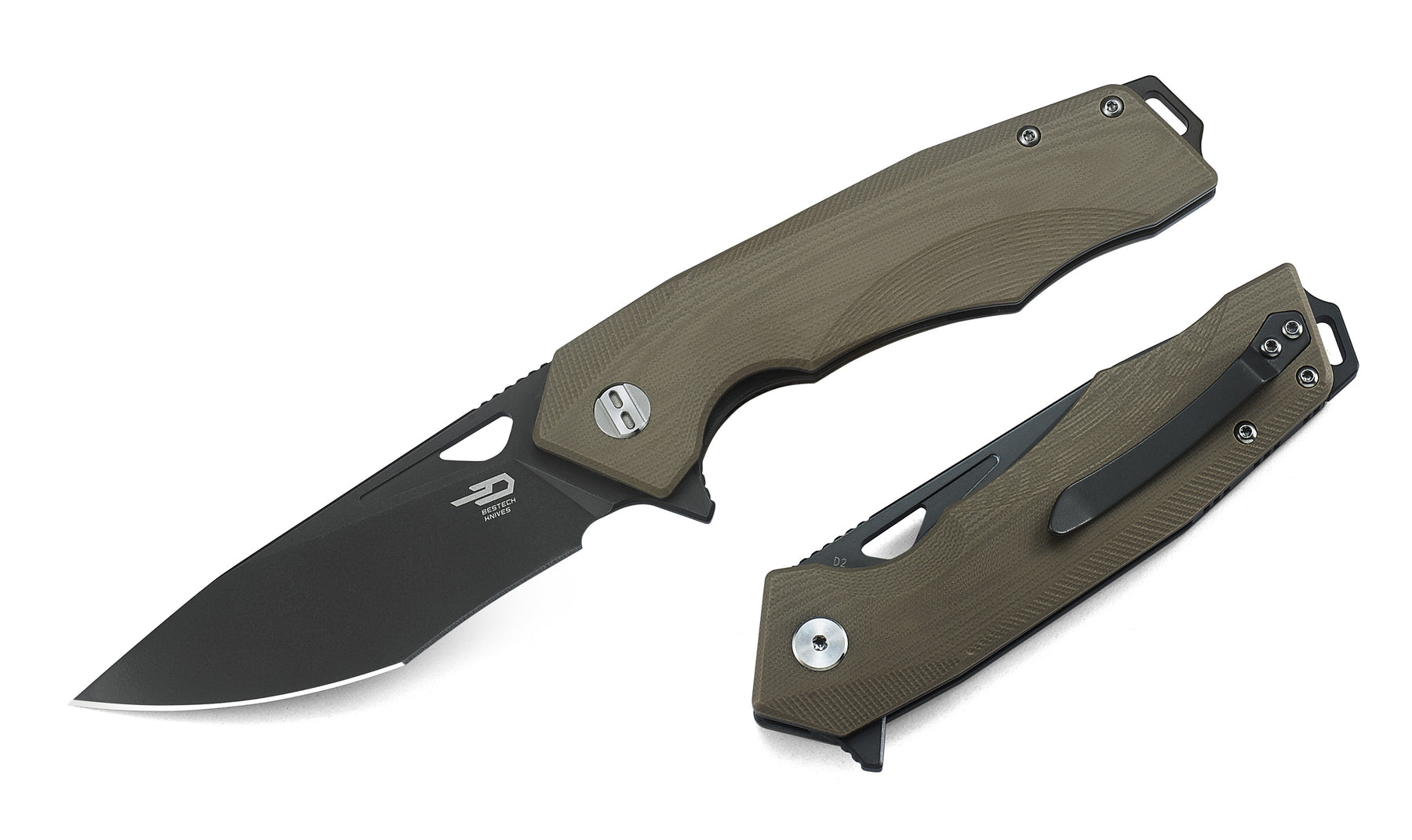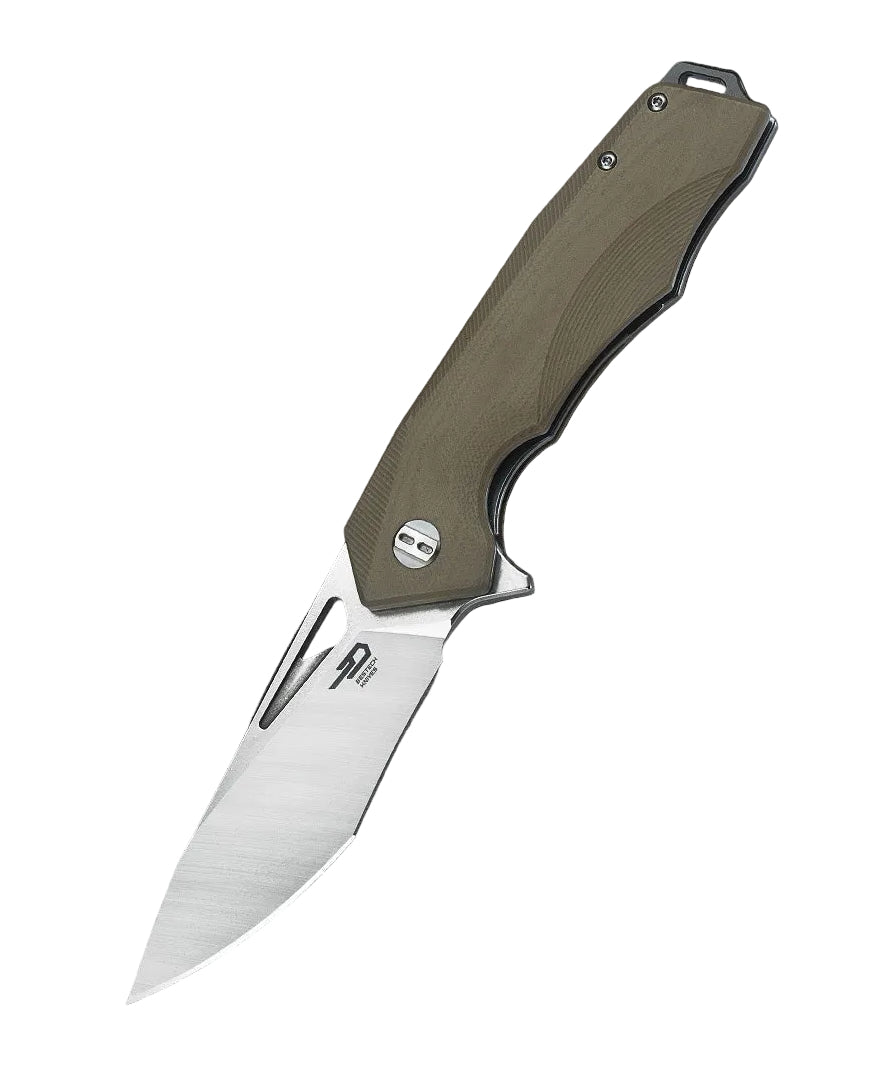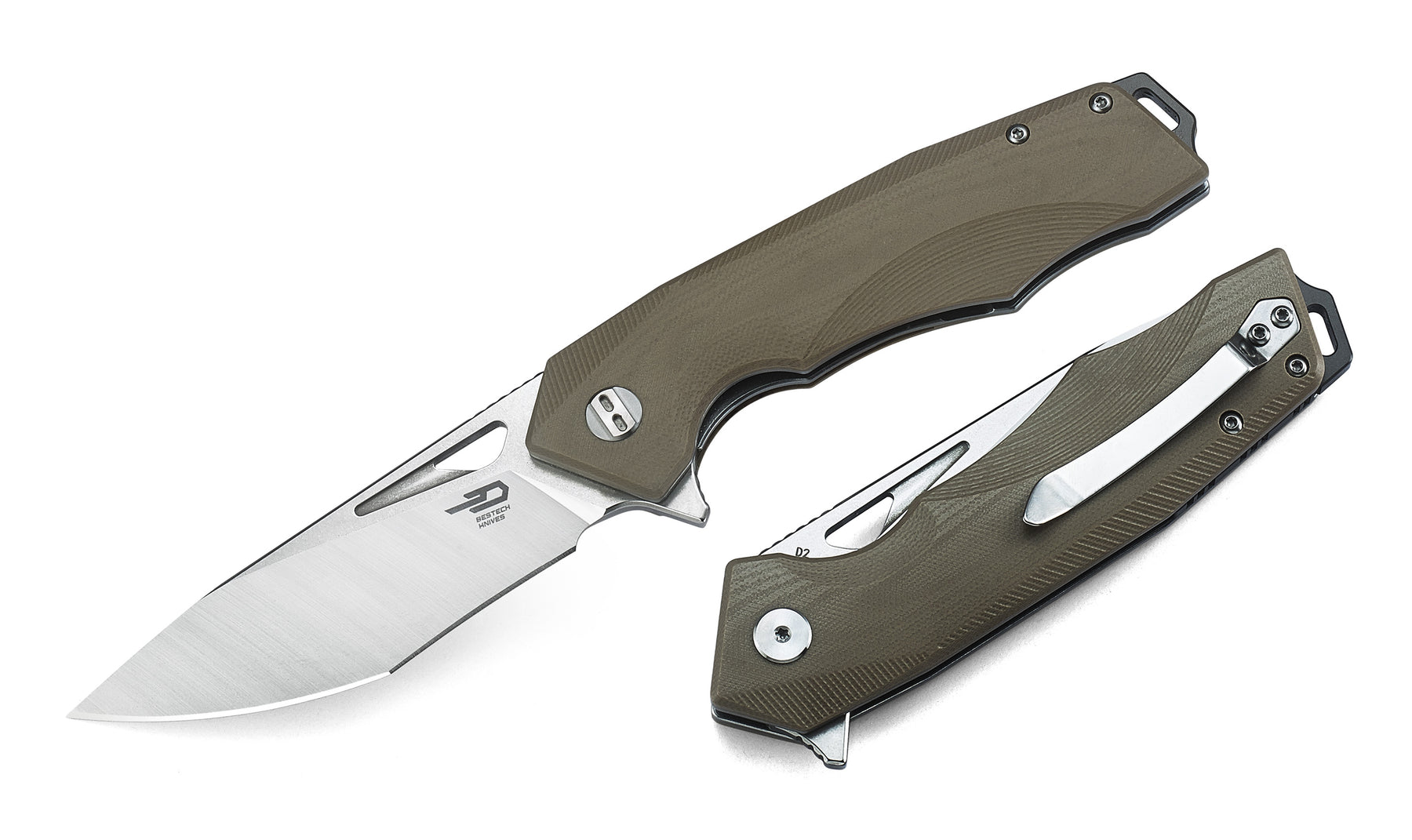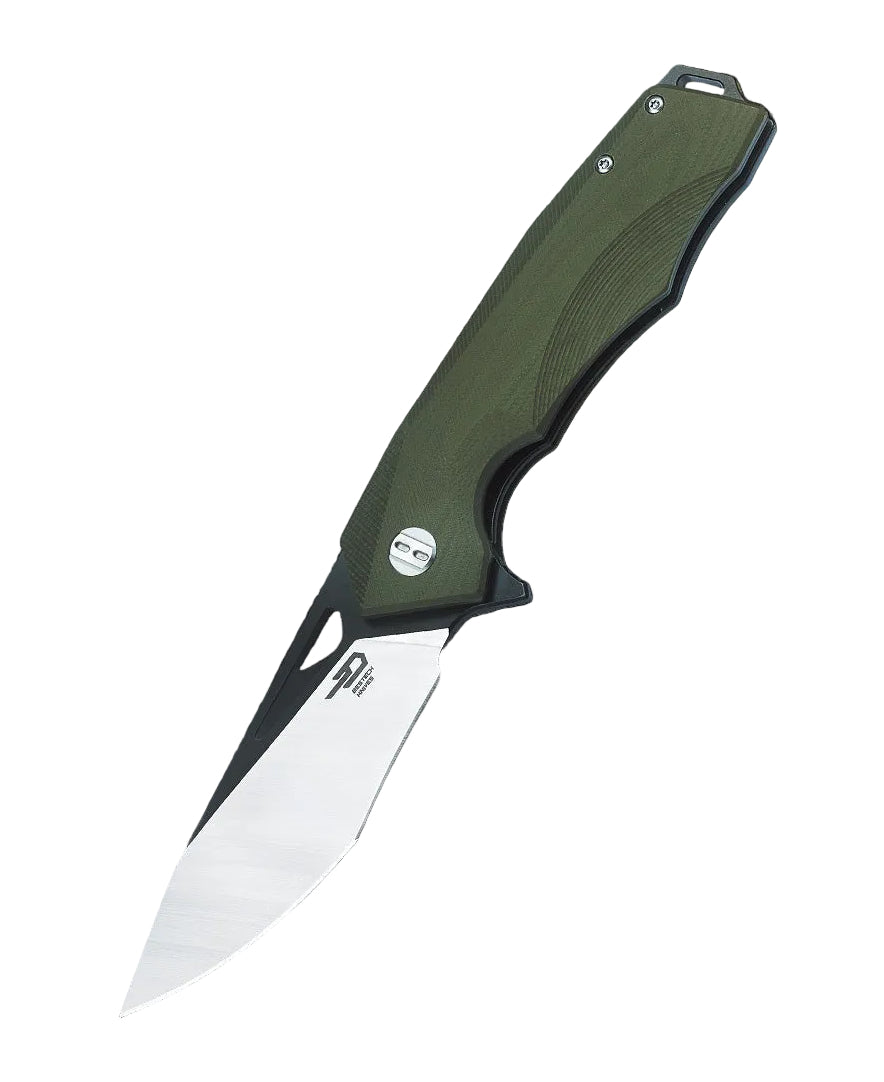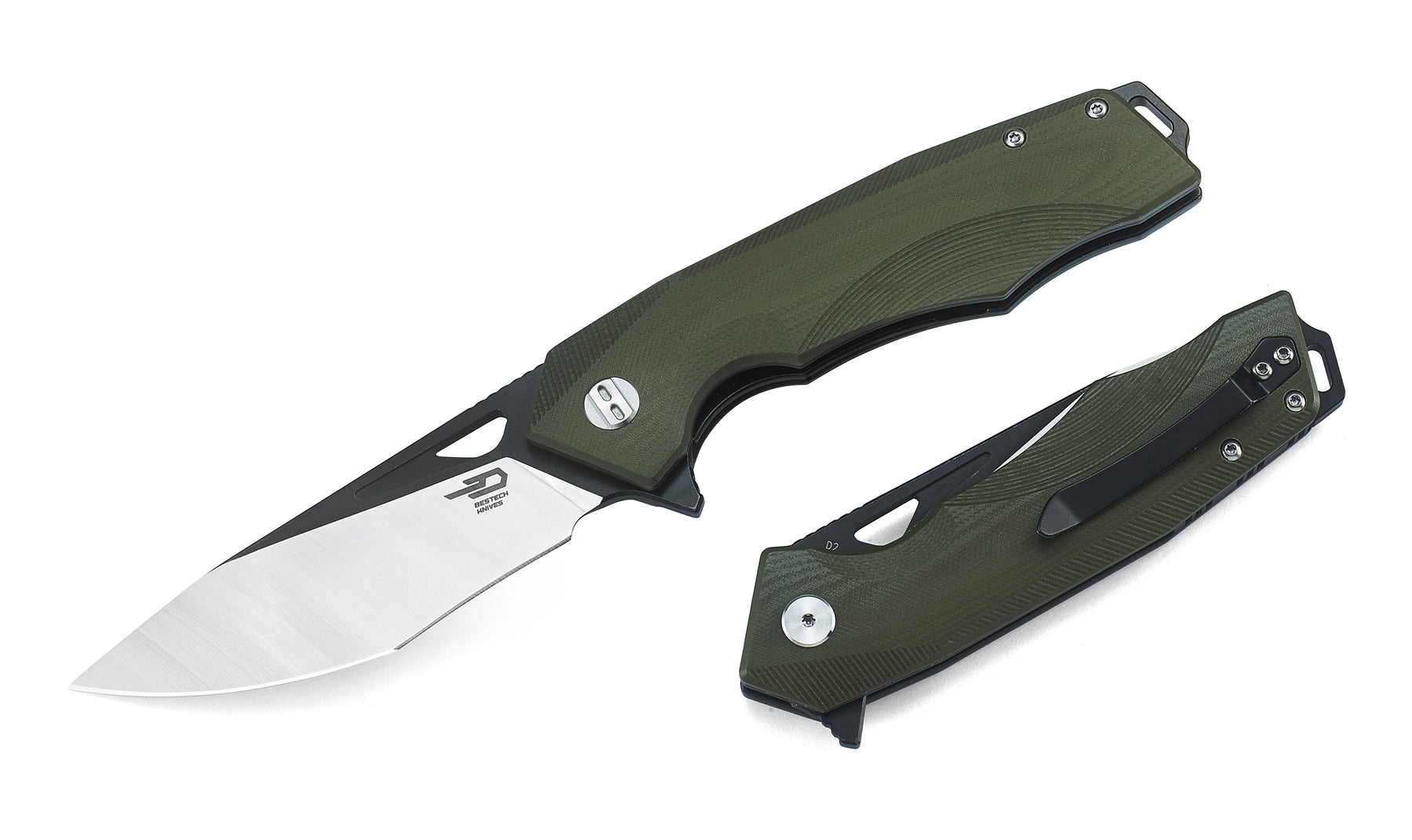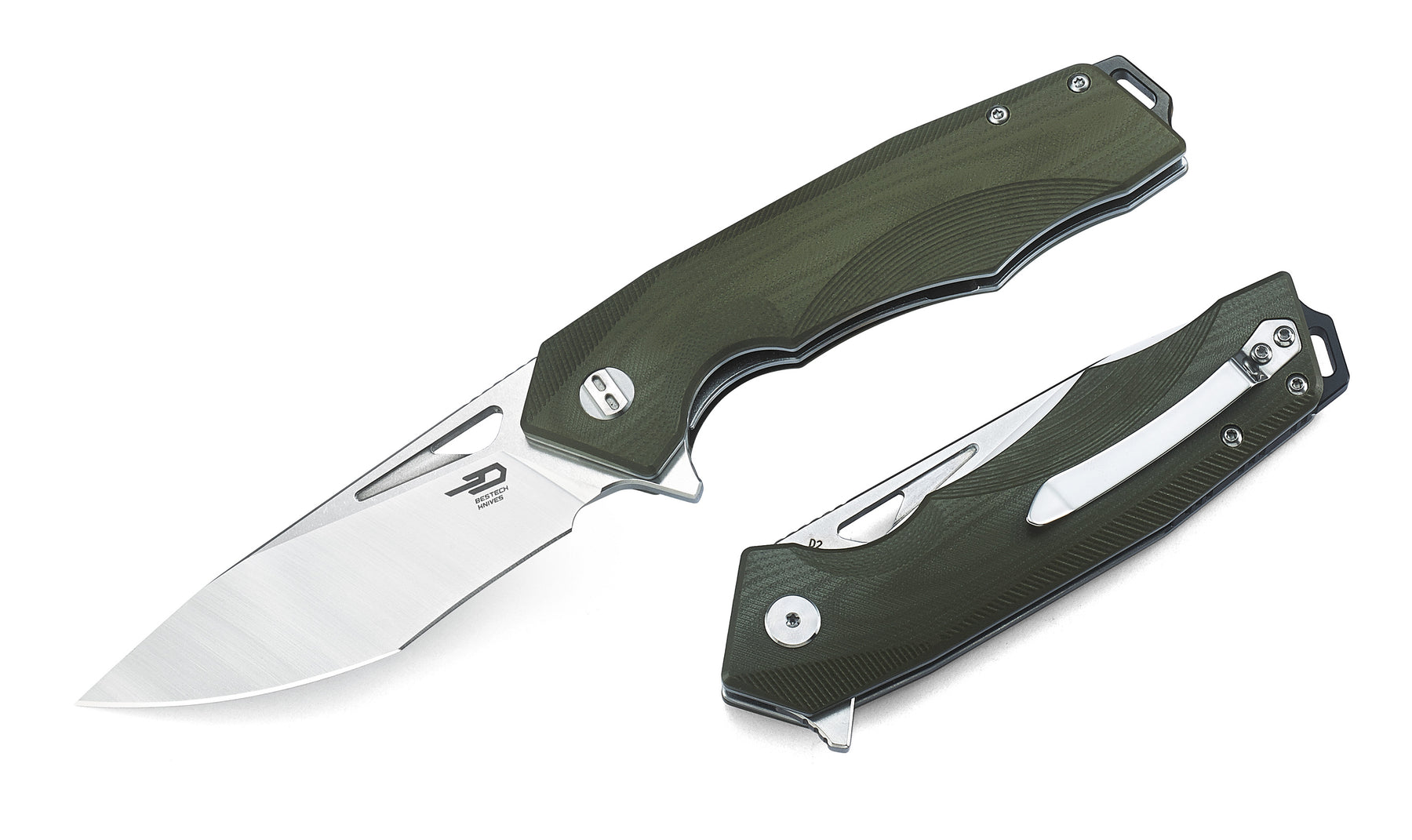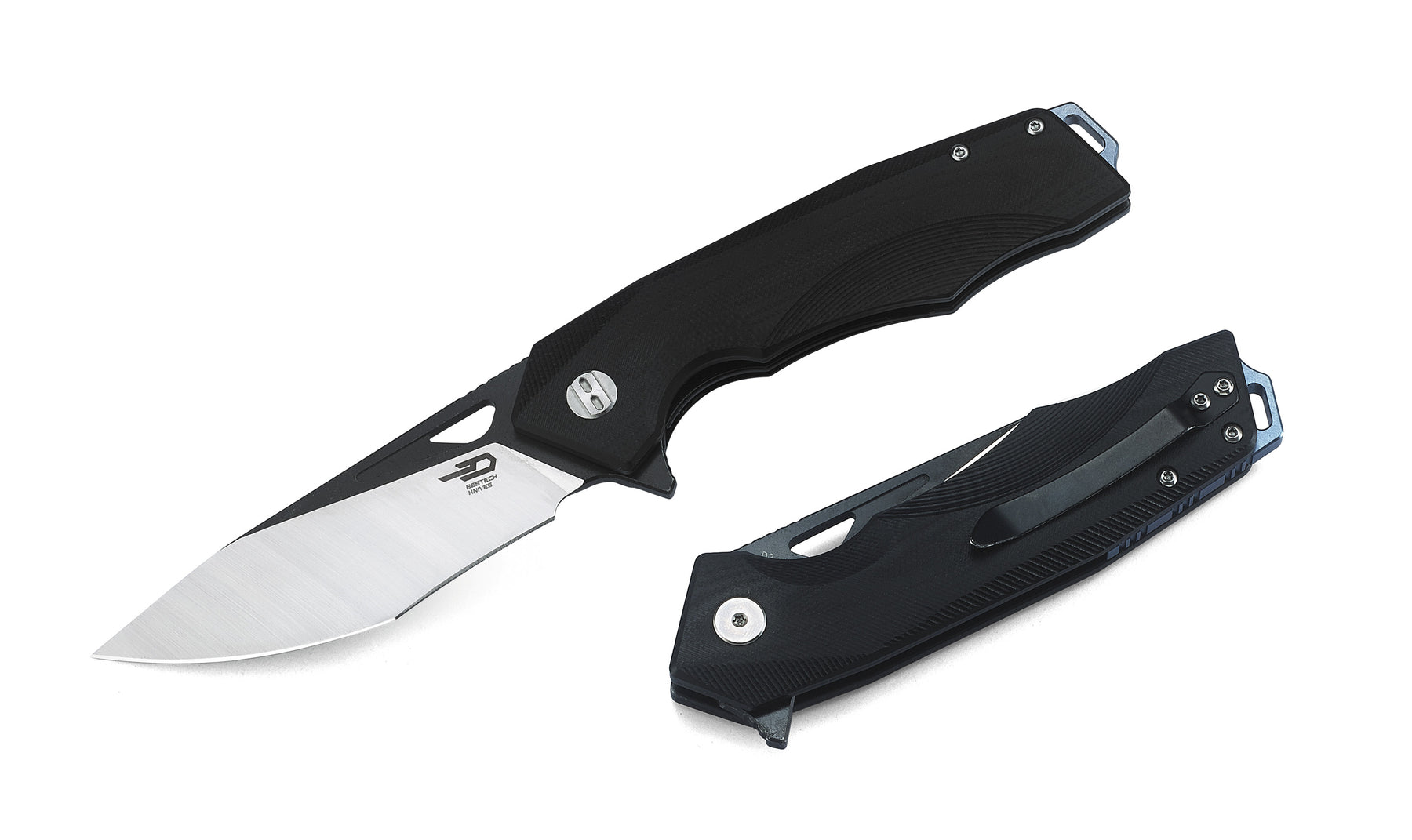Magnacut kitchen knives are known for their exceptional sharpness and durability. However, like any other knife, they are susceptible to corrosion if not properly cared for. Understanding the factors that contribute to corrosion can help you prolong the lifespan of your Magnacut knife.
What causes corrosion in Magnacut knives?
Corrosion in Magnacut knives is primarily caused by exposure to moisture and acidic substances. When the blade comes into contact with water, acidic foods, or even high humidity levels, it can start to corrode. The high carbon content in Magnacut steel makes it more prone to corrosion compared to stainless steel knives.
How to prevent corrosion in Magnacut knives?
Preventing corrosion in your Magnacut knife is essential to maintain its performance and longevity. Here are some tips to help you prevent corrosion:
- Avoid leaving your knife wet or dirty for extended periods.
- Immediately dry your knife after washing it to remove any moisture.
- Avoid cutting acidic foods directly on the blade surface.
- Store your knife in a dry place away from humidity.
- Regularly oil the blade to create a protective barrier against moisture.
What to do if you notice corrosion on your Magnacut knife?
If you notice signs of corrosion on your Magnacut knife, it is essential to address it promptly to prevent further damage. Here's what you can do:
- Thoroughly clean the affected area with a mild detergent and warm water.
- Gently scrub the corrosion using a soft cloth or sponge.
- Rinse the blade and dry it completely.
- Apply a thin layer of mineral oil to the blade to prevent future corrosion.
By following these preventive measures and taking prompt action if corrosion occurs, you can ensure that your Magnacut kitchen knife remains in top condition for years to come. Remember, proper care and maintenance are key to preserving the quality of your knife.




